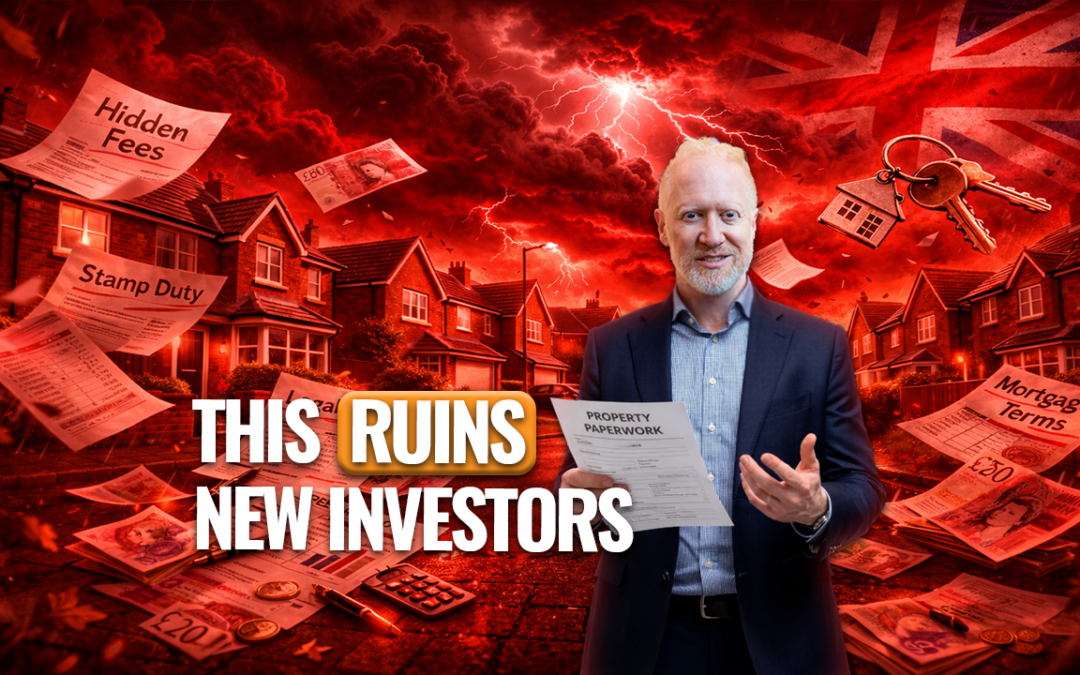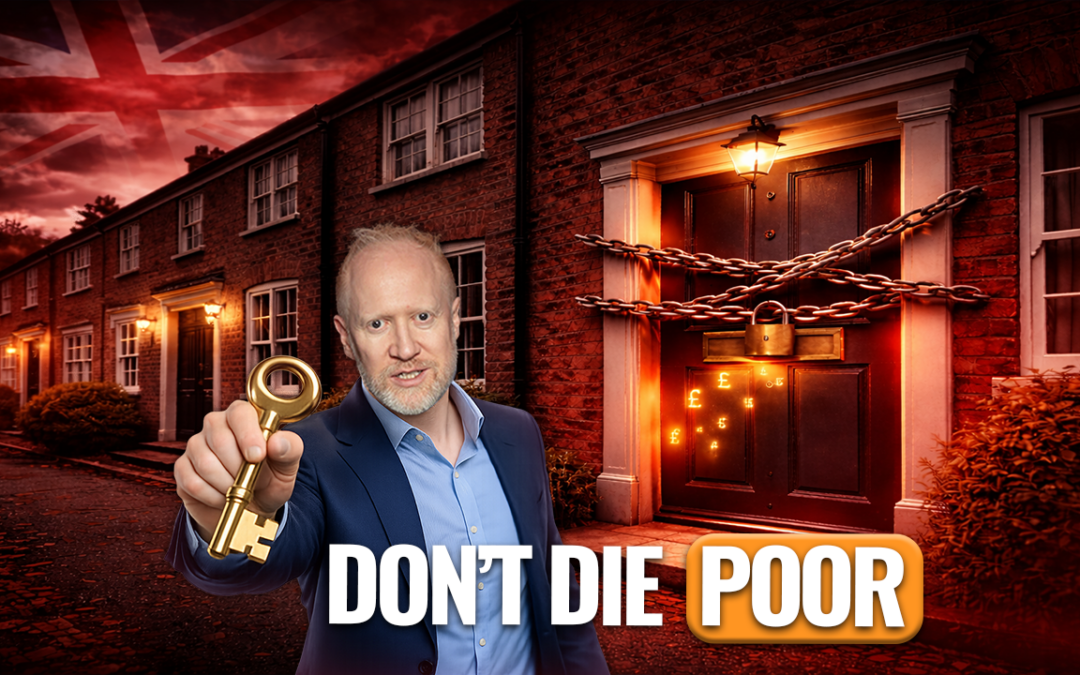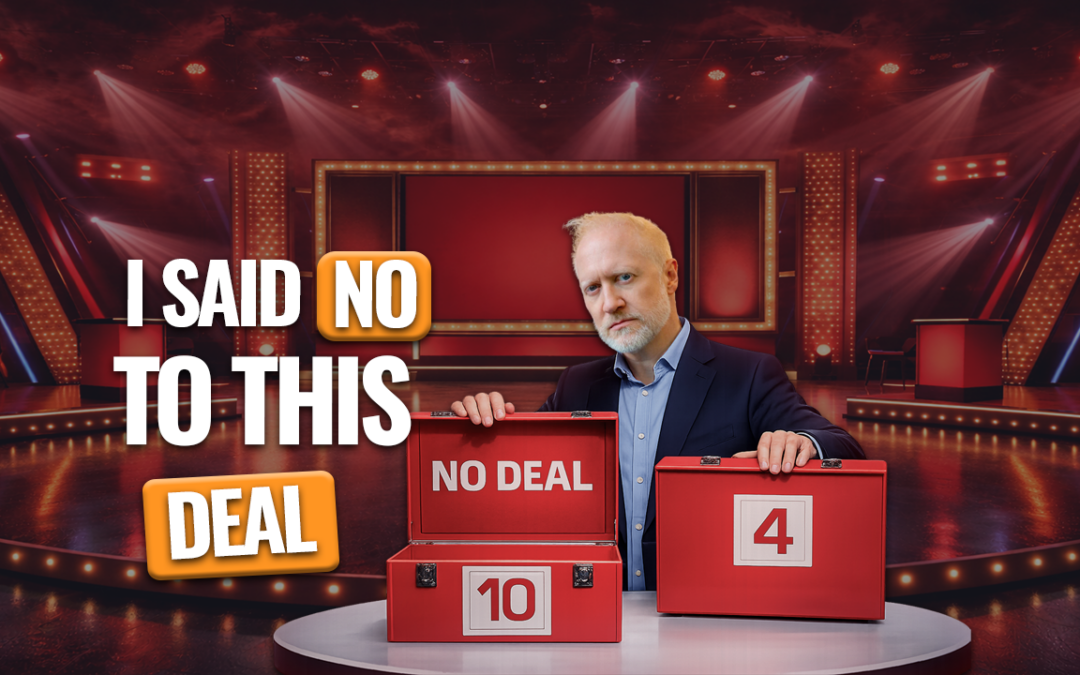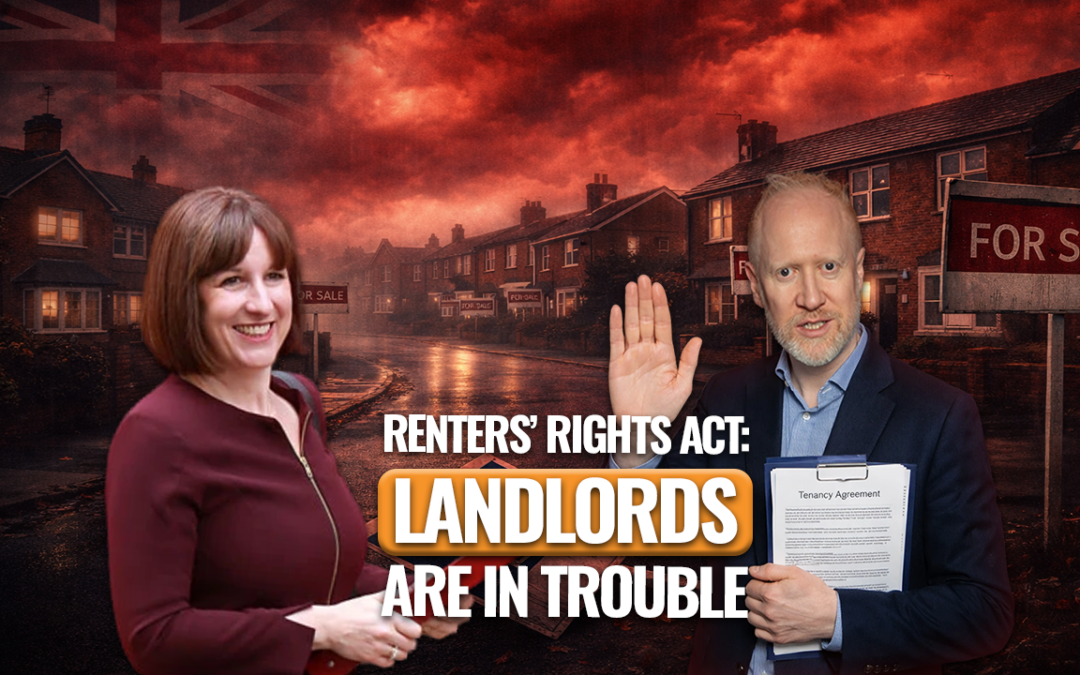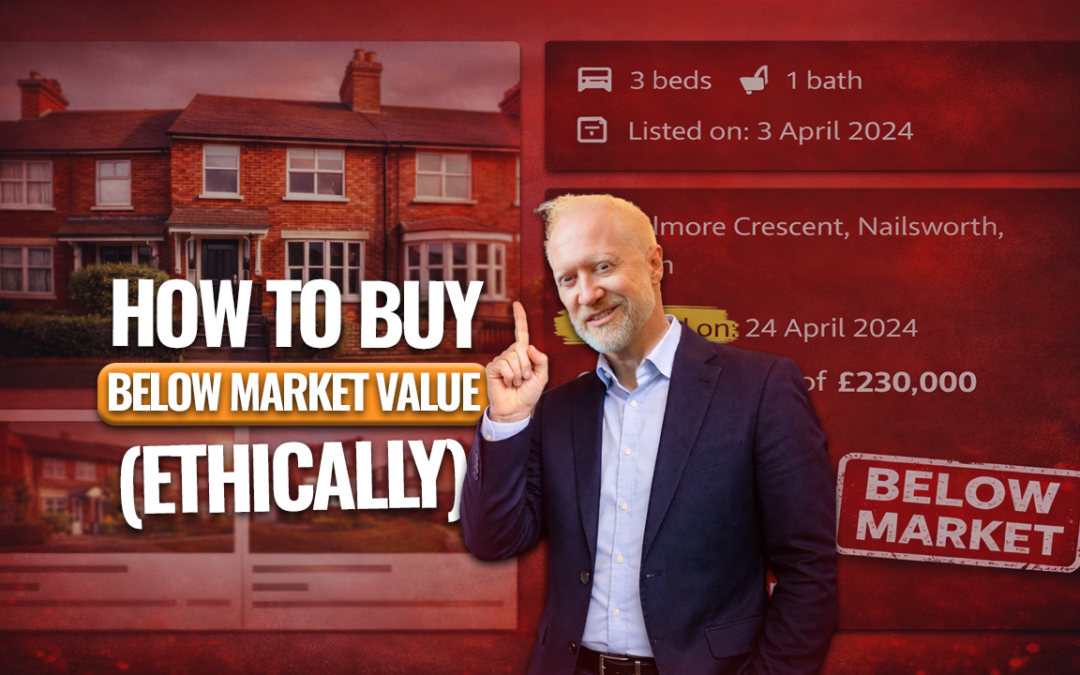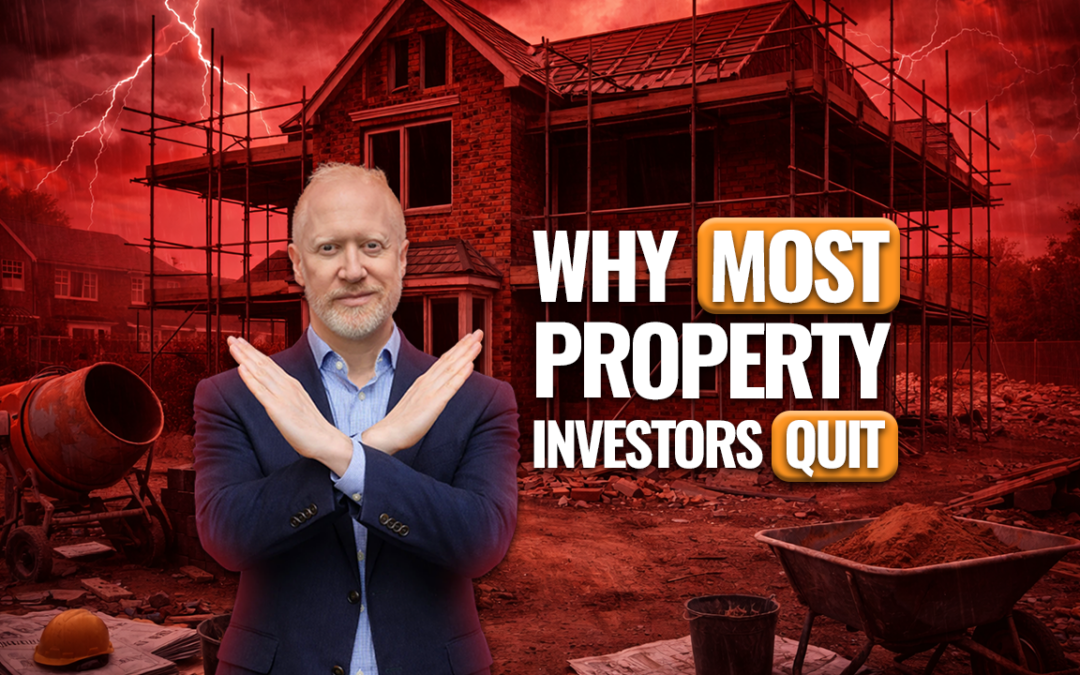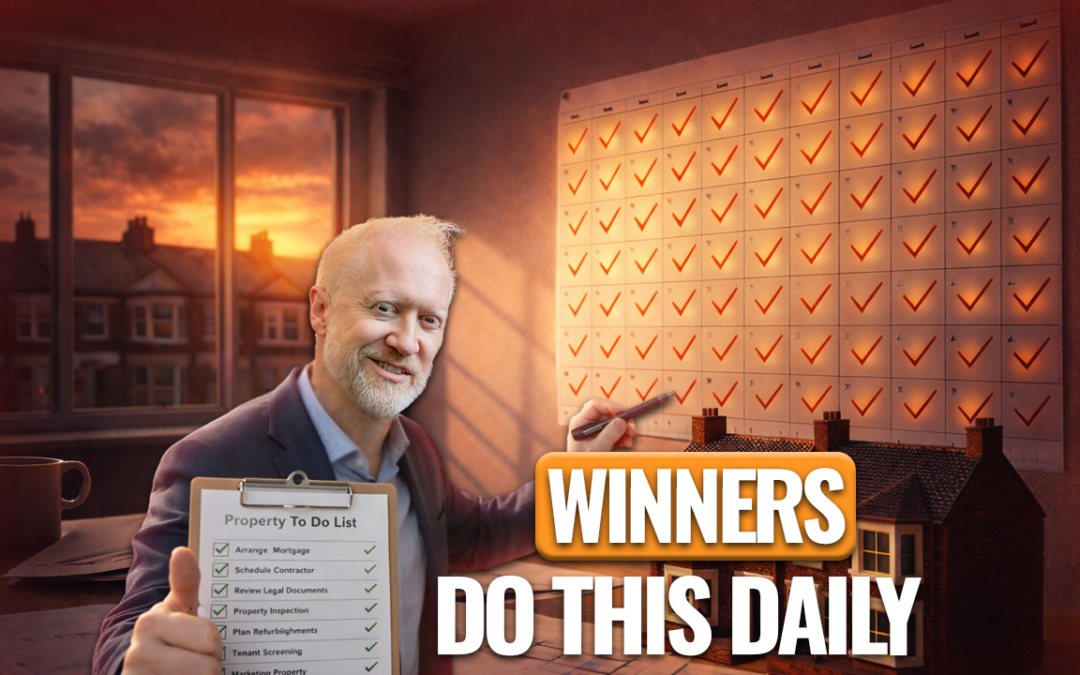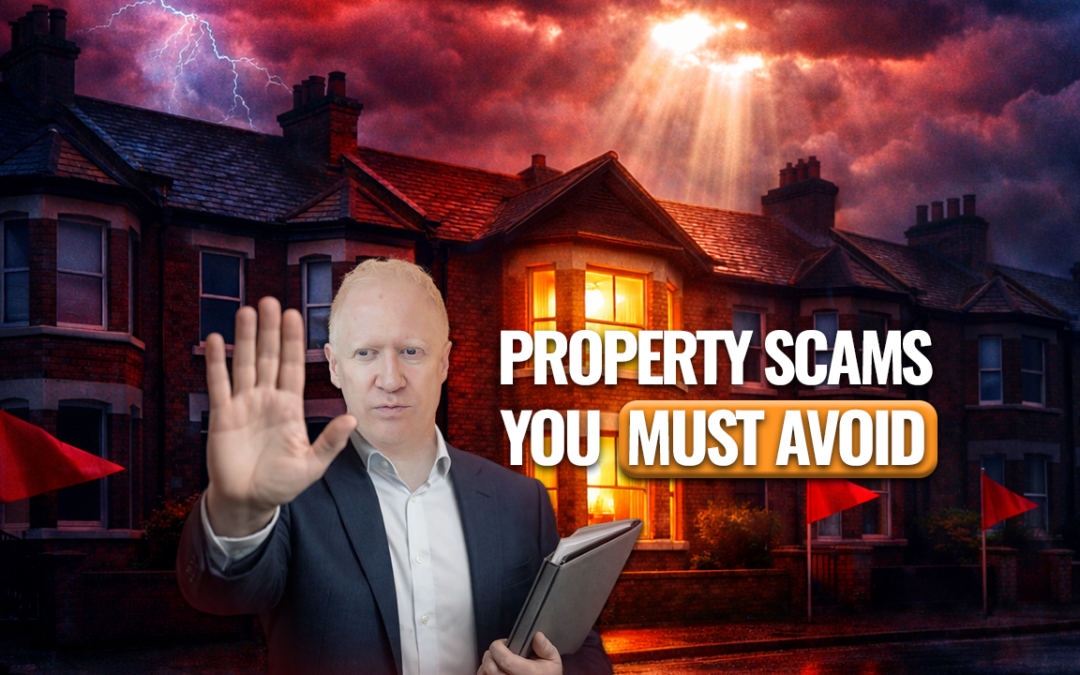In this blog, I want to share with you how to calculate Return on Investment. Calculating ROI is one of the most important things you need to know to be a successful property investor, because it’s how you compare different investment opportunities.
I meet many investors who are investing but they don’t really understand Return on Investment, which is crazy. It’s one of the most important things you need to understand to make sure you buy the right investment properties. So let me explain how to work out Return on Investment and how you use it.
Work out profit of your property
First you work out how much profit the property will make you every month. You look at what the rental income is and then you take off the cost of the mortgage, which is usually the biggest cost. Then you also take off the insurance and management fees. I don’t personally manage any of my own properties. I have other people do it for me because I want a passive income. The idea is when you buy an investment property, only buy something that makes you positive cash flow.
That means there must be profit at the end of the month. Now obviously you have to pay tax on that profit, but rather than take that into account because everyone’s got different tax rates, I’m going to do it without thinking about tax.
Once you know how much it makes each month, you can then multiply the monthly profit by 12 to work out the annual profit. You put that on the top of the Return on Investment formula.
Find out how much we need to invest to create an income stream
Then we need to consider, to create the income stream, how much do we have to invest to acquire that property in the first place? So we divide the annual profit by the initial investment – the initial investment we’re putting into the property. This includes the deposit, which is usually 25%. It includes the legal costs and closing costs. There’s also a stamp duty. It will also include anything we’ve done to the property to get it ready to rent.
We multiply the answer by 100 to give us a percentage figure. The higher the percentage figure, the better the deal.
You Might Buy A Property That Needs Renovation
One final thing to mention here is very often you might buy a property that needs a huge amount of renovation work. You’re literally taking it back to the bricks. You’re putting new electrics in, new plumbing etc. If you use this formula, the ROI might come out very low because you’re going to put so much money into the refurbishment. However, because you’re spending money on the property and adding value, after a period of time typically 6 months, you can re-mortgage the property based on the new higher value.
This means that you’re increasing the borrowing, and so the interest you pay each month will go up. This then eats into the cash flow with the effect of you making less profit each month. However, because you’ve refinanced, you might get your initial deposit and some, or all of the refurbishment costs back out. If you have no money left in, then you have an infinite Return on Investment. That is of course the ideal.
“So don’t worry if you can’t get all of your money out, as long as there’s a high Return on Investment.”
Now, you can’t always do that. Very often, you have to leave some money in a project, but actually it might be a very high Return on Investment. Compared to the profit you’re making, the £10k of £20k left in there might give you a very, very high return. If it’s a high return, it means you could borrow that from someone else, give them a healthy return on their money and still make a lot of money yourself.
So don’t worry if you can’t get all of your money out, as long as there’s a high Return on Investment. Now you know how to do this, you can use this when assessing property opportunities and makes sure you are buying only the very best deals.

